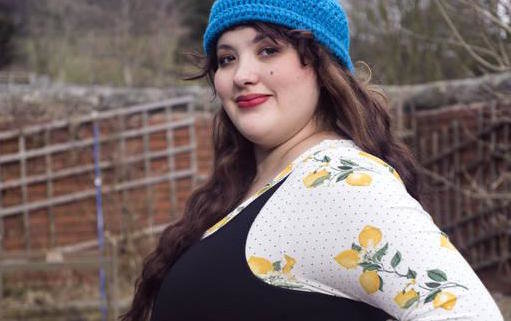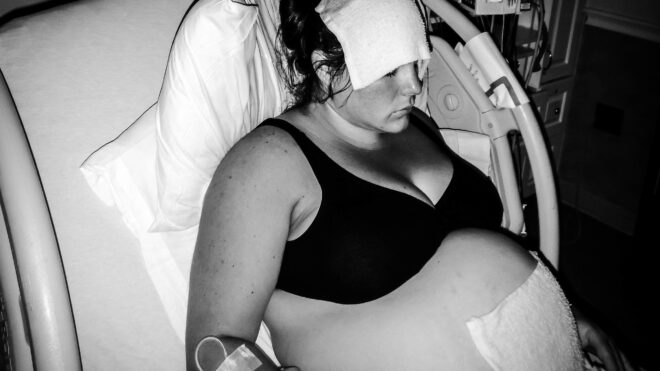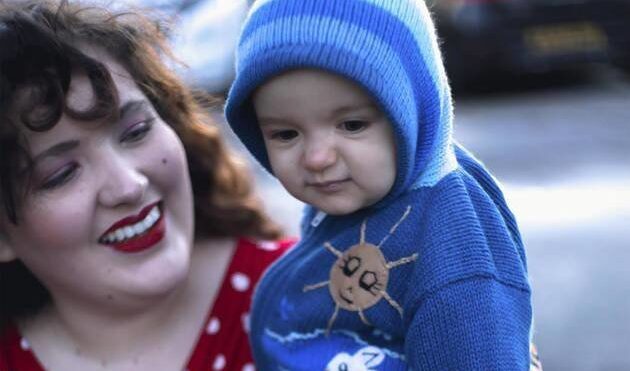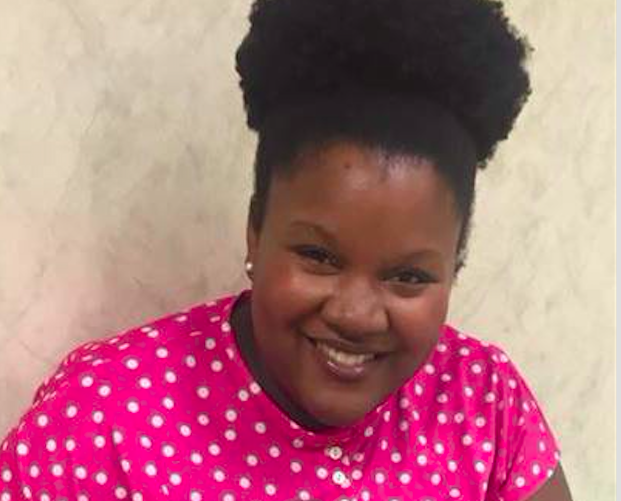
This article is part of a series dedicated to providing support and visibility to plus-size pregnant mothers. To read more stories, visit Plus-Size, Pregnant & Proud. To apply to join our private community on Facebook, click here.
The pregnancy test read positive as soon as I wet it. This was my second one. I burst into tears. Initially, my mind pressed fast forward to my future. My thoughts were filled with how my life goals would change dramatically. The fact that my weight and race might ultimately affect my experience as a pregnant woman didn’t come to mind. That changed after my first doctor’s appointment. The mix of being plus–sized, pregnant, and Black seemed to shake even the most experienced OB/GYN to their core.
During my first visit to the OB/GYN as a pregnant woman, one of the first things my doctor told me was that I needed to focus on keeping my weight down. She prefaced this with saying that I did need to eat, but to focus on keeping my weight down and immediately after getting birth, work to lose weight. I wasn’t surprised, being plus-sized, but this visit already put a damper was put on what was supposed to be a joyful time.
An influx of emotions came over me. I was mostly afraid; scared to eat at all for fear of gaining too much.
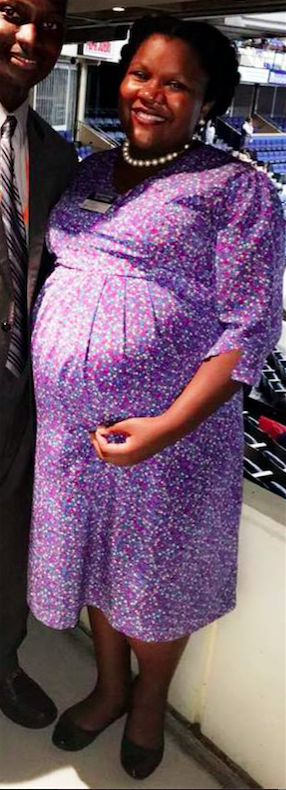
For fear that somehow my own lack of restraint or discipline might affect my child’s health. Mixed in with this fear was sadness; because if I had it my way, I would have lost weight before getting pregnant. I would have tried to get myself in the best physical shape as possible, because I know that my health ultimately is the baby’s health too. As time went on, the thoughts of losing my baby (or my own life) during the pregnancy or during birth became very strong. After all, over the last 30 years, pregnancy-related deaths in the United States have steadily increased — and Black women suffer at higher rates than any other race of women in the United States! I couldn't wait for it to be over and to have my baby safely in my arms.
During the frequent visits I made between the doctor and the lab, almost every visit was littered with warnings about my weight, my diet, my blood pressure, and my sugar.
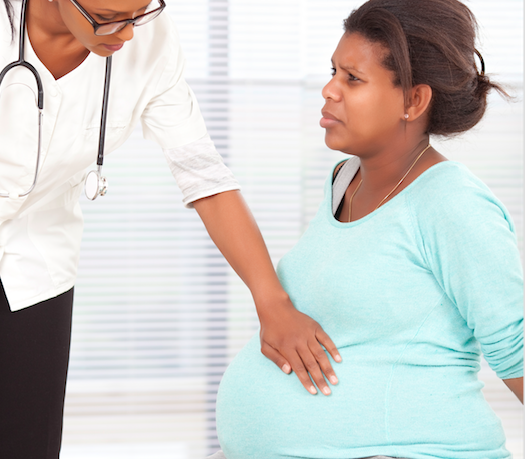
The same day that I gave birth to my child (she came early), I was given a special diet, because I was diagnosed with gestational diabetes (high blood sugar in a pregnant woman who formerly did not have diabetes). The doctors said that most of this was due to my being overweight, which made me sad, because I was really trying to not eat too much and to eat healthy enough for the baby. Only now do I know that this is a common issue, that afflicts pregnant women of all sizes and races.
Admittedly, being overweight does bring an onset of health problems -- if not dealt with -- but being a woman of color on top of that can make it especially trying.
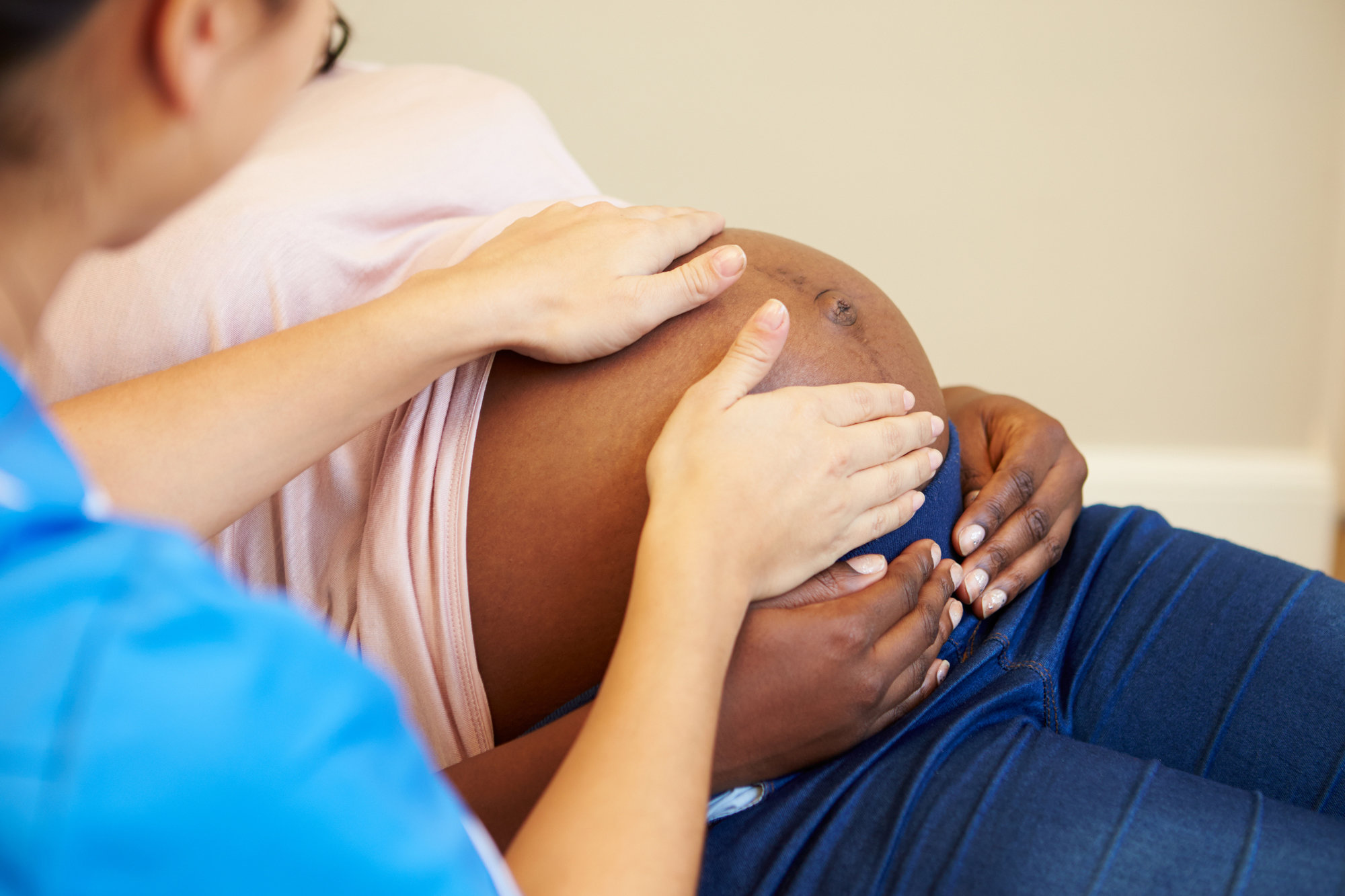
We are unfortunately known to have more health issues. We don’t always have access to the best health care. Studies show that people of color often receive worse care than their white counterparts. All of these factors help explain why Black women are disproportionately affected by pregnancy-related deaths compared to other races.
Renowned tennis player Serena Williams’ experience after the birth of her beautiful daughter shows how this discrepancy in healthcare can affect any Black woman.
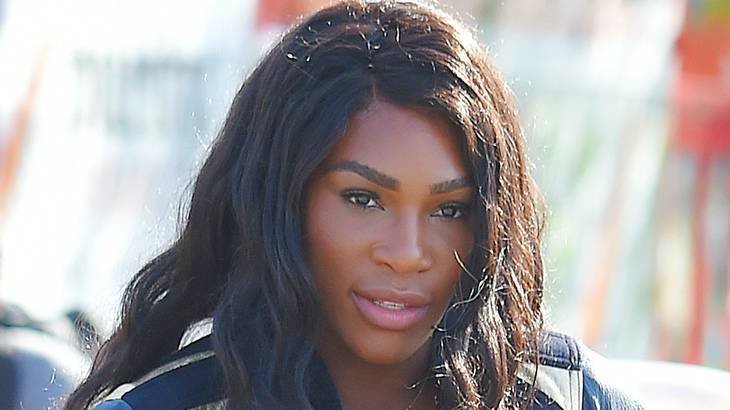
In a recent interview with Vogue magazine, Williams describes how hospital staff ignored her during a pulmonary embolism. She specifically told the doctors what she needed, and yet, no one listened until they had no choice to perform a CT scan (as she requested upfront). If something like this could happen to a person with such wealth and such a high profile, we can only imagine what your “everyday” woman of color has to go through in her attempt to get the best medical care.
Some of the health and weight issues women of color face are cultural too. The food that is unique to our community, known as soul food, is mainly seasoned with animal fat and salt. Our ancestors designed this cuisine from the inexpensive food stuffs they had access to. Of course, today, we aren’t obligated to eat those foods, and the current generation of Black moms didn’t necessarily grow up on those foods, but a lot of us did. This possibly contributes to the high blood pressure, diabetes and heart issues that many like to attribute to the Black community more than others.
But in spite of all these factors that may (or may not have) worked against my survival during pregnancy, I gave a birth to a beautiful baby girl in the summer of 2016.
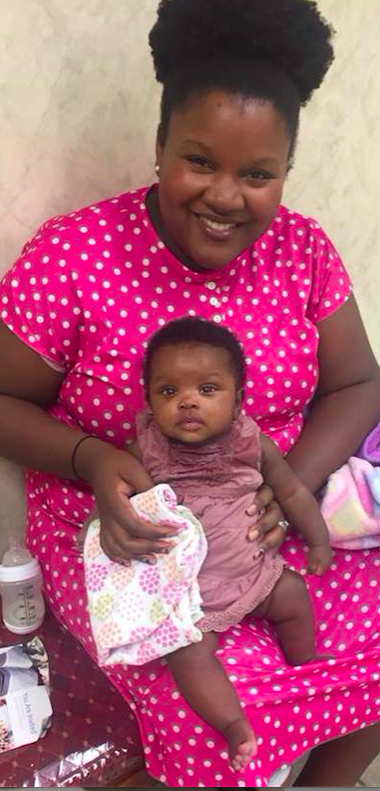
She was healthy, and hasn’t had any health problems besides the occasional cold. I’m fine too. I don’t have diabetes, I don’t have high blood pressure, and I’m keeping up with a very energetic one and a half year old. She has me running laps around my house every day!
If you’re an expecting mom, and you’ve gone through any of the emotions or experiences I’ve mentioned above, don't lose heart! Your precious little one is coming soon, and even the slightest complications during pregnancy don't mean that you won’t have a long and happy future in front of you. The fact that you are actually aware of the odds stacked against you now, can help you to be proactive and get in front of any challenges you might face. Enjoy your pregnancy, get lots of sleep and open lots of baby shower gifts! Although pregnancy and birth can be a scary time, it's also one of the most beautiful experiences a woman can ever have. If I could, I would do it a million times over.

